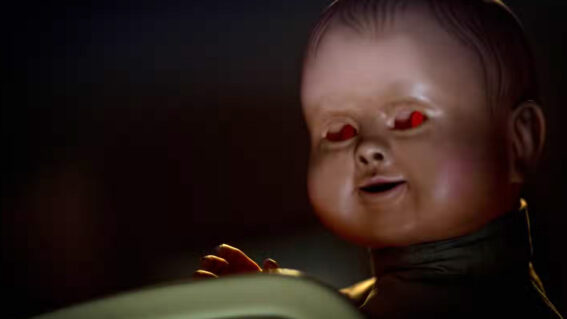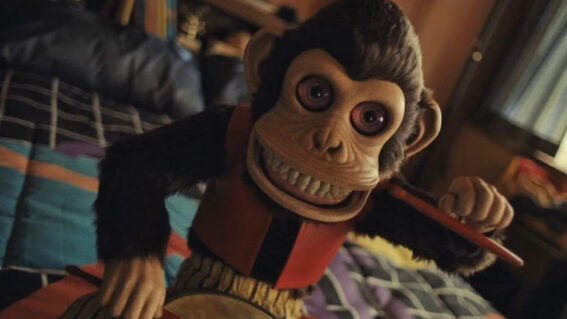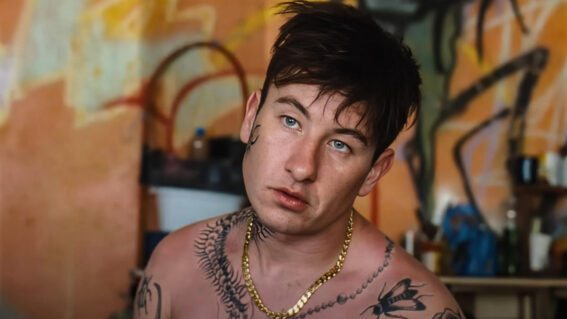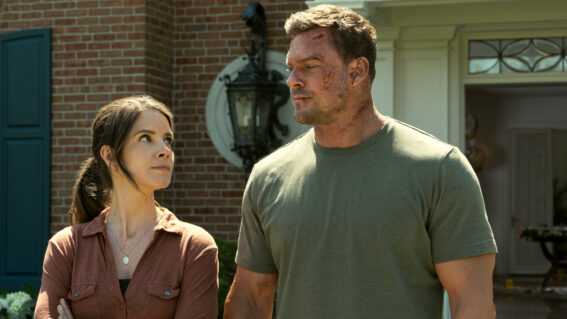For some teens, Netflix’s latest YA series Lockwood & Co will feel like a revelation

We’re all drowning in content—so it’s time to highlight the best. In her column, published every Friday, critic Clarisse Loughrey recommends a new show to watch. This week: Netflix’s latest YA series, Lockwood & Co.
I remember the first time I fell in love, as a child, with Lemony Snicket’s A Series of Unfortunate Events. I was sometimes lonely and often confused, already disillusioned with a world I barely had any experience with. And here was a story of three siblings—each smart and curious in their own way—who are orphaned and shipwrecked in the middle of a cruel, adult world.
They are passed from guardian to guardian. All are ineffectual. All are bound by the dull bureaucracy that dictates grown-up life. Some are openly malevolent. And there I was, the alienation I felt when it came to my own life finally validated on the page. These books respected both my intellect and my emotional maturity. And they assured me that adults didn’t always know best, and didn’t always hold my best interests at heart.
I was reminded frequently of A Series of Unfortunate Events while watching Lockwood & Co—Netflix’s latest YA series, based on the popular books by Jonathan Stroud. Admittedly, its framework is probably more indebted to the legacy of Harry Potter than anything else, especially when it comes to its central trio of characters. There’s the precocious girl (Ruby Stokes’s Lucy Carlyle), the orphaned martyr type (Cameron Chapman’s Anthony Lockwood), and the resident nerd (Ali Hadji-Heshmati’s George Karim).
Lucy is the narrative focal point here, however—a “chosen one” miracle born into a world where phantoms can kill with a single touch, and where society’s only defence is youth gifted with the ability to see and hear them. Lucy, as it turns out, has the near-legendary gift of the ghostly gab. She can talk to spirits. They can talk back. When tragedy drives her from her home and onto the streets of London, she ends up on the doorstep of Lockwood & Co, a two-person unit of rapier-wielding ghostbusters.
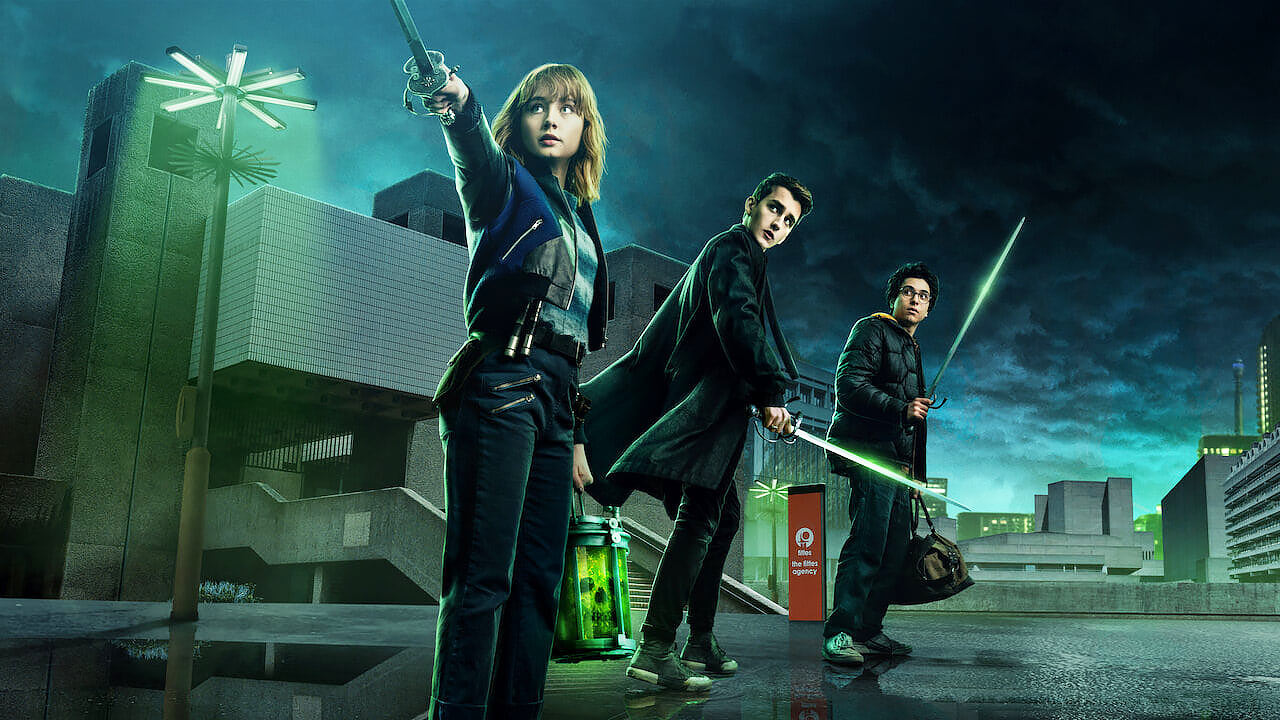
But where Lockwood & Co differentiates from Potter, and aligns more closely with a Lemony Snicket worldview, is in the total absence of adult role models. Though Lucy’s mother (Sandra Huggett) exists in a society which has been economically and culturally stagnant since the beginning of the ghost plague—known as “The Problem”—back in the 80s, she still has no qualms about selling off her only daughter to a ghost exterminator agency the second her abilities start to manifest. These companies act as all companies do, turning kids into commodities, ready to throw them under the bus at the first sign of trouble.
Lockwood may cross paths with his own Malfoy-esque, elitist rival (Jack Bandeira’s Quill Kipps), but the series is chiefly concerned with his and Lucy’s attempts to cut through the endless, restrictive red tape of the biz. The duo (plus George) try to solve the murder of an actress. Adults with scowls and suits constantly step in and tell them they don’t have the authority to do so.
There’s an excess of lingo here (“a type two”, “a listener”, etc) and a somewhat finicky set of rules about how to deal with ghosts that’s typical of YA literature, and occasionally baffling to non-YA audiences. But writer-director Joe Cornish has quietly centered his entire career around these kinds of stories. Both his directorial debut, Attack the Block (2011), and his Arthurian adventure, The Kid Who Would Be King (2019), feature young people saving the day on their own terms. There’s an easy confidence in how he talks to his target audience, and how he can fold in 80s goth classics like Bauhaus and Siouxsie And The Banshees in the same way Netflix’s Wednesday helped re-popularise The Cramps.
Lockwood & Co is a little silly. Cornish has claimed his ghost designs are based on Victorian spirit photography, but they really look more like a homage to the B-movie look of Ghostbusters. But it’s scary too. The concept of “ghost-locked”, a white-eyed coma state, is particularly effective. Characters sometimes talk in the stiff, erudite way that kids in YA stories tend to do, but the performances, especially from former Bridgerton star Ruby Stokes, are strong enough to carry the script.
Netflix has surprisingly allowed its underage characters to drink alcohol on screen without fuss—look, if they’re mature enough to battle the dead, a beer or two doesn’t seem like the end of the world. Lockwood, at times, talks in the gloomy way (“everything ends and everyone leaves”) that I know I used to find cool but now mostly read as annoyingly self-pitying. But that’s the point here, isn’t it? I like Lockwood & Co now—but, if I were 13, it would have felt like a revelation.



